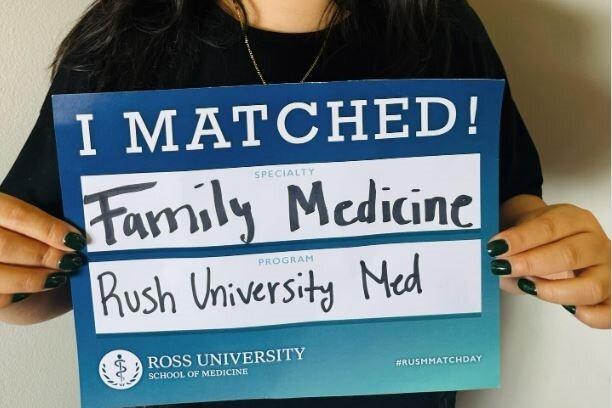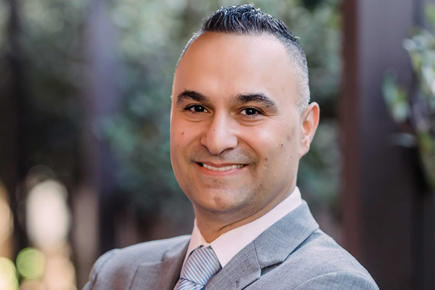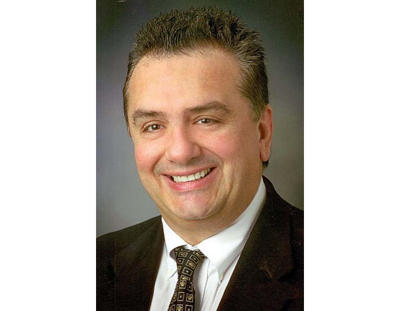When Doyle learned that a seat would not immediately be open to her, she decided that waiting would only postpone her dream longer. As a result, she applied and was accepted to Ross University School of Medicine (RUSM). Now she has been accepted into a highly prized neurology residency program at the renowned University of Ottawa. The position was one of only six neurology appointments in the country available to IMGs in the first iteration.
Each year, thousands of fourth-year medical students in North America wait to hear the results of the U.S. National Residency Matching Program and its Canadian equivalent, the Canadian Resident Matching Service (CaRMS). Plain white envelopes—and these days, online notification systems—hold the keys to new careers in medicine. Doyle, who grew up in the rural town of New Ferolle (population: about 100) in the province of Newfoundland and Labrador, was elated to learn that she’d landed the prized appointment.
“I must have looked at my computer screen a dozen times, just to confirm the result. This program was my first choice,” she said.
Doyle’s interest in neurology developed during her second semester at RUSM, and peaked during her clinical rotation in internal medicine at Griffin Hospital in Connecticut. There she felt herself drawn to the neurology cases and participated in case discussions and treatment planning with the neurology residents. Her neurology elective at Memorial University of Newfoundland solidified her desire to pursue a career in neurology.
“The field of neurology stresses the importance of the doctor-patient relationship, as many of the cases are not curative, but focused rather on management of the disease. The skills of taking a history, performing the physical exam, and tying it all together are very important—and challenging,” said Doyle. “Many of the diseases are degenerative or debilitating diseases, affecting the whole family. The neurologist has to recognize the significant psychosocial aspect of these diseases and provide a supportive role not only to the patient, but to the family as well.”
Doyle applied to RUSM after hearing about the program from a student who was completing a family medicine elective with her family doctor. She has no doubt that she made the right choice.
“I think Ross prepares you to be an independent learner, which is extremely important in the field of medicine,” she said. “The school provides an avenue to achieve one’s goal of becoming a doctor—what you do with that opportunity is entirely up to you. I knew what I wanted from day one at Ross and I wasn’t going to stop until I got it.”



